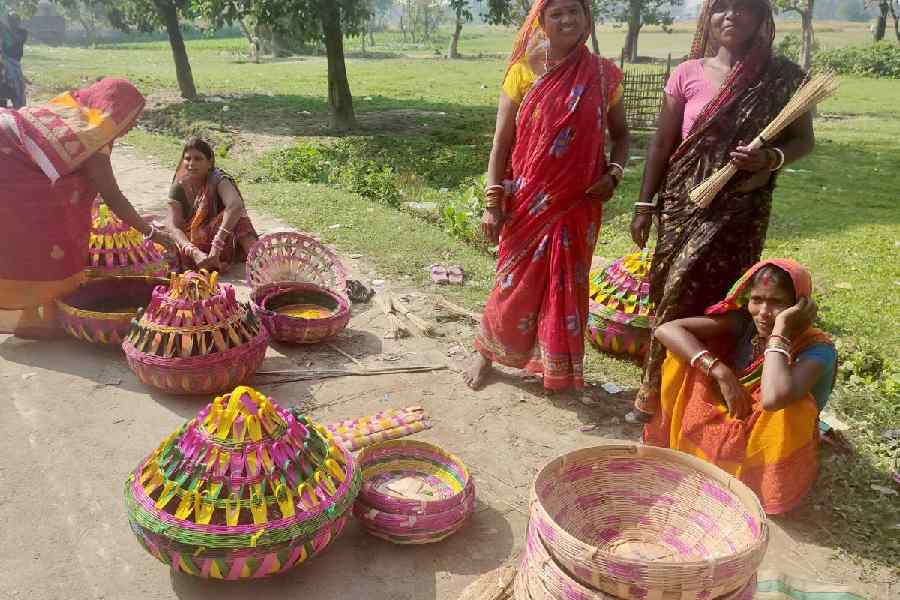The promise of doles that helped the NDA retain power in Bihar is set to emerge as an economic challenge for the new government, experts said.
Ahead of the 2025 Assembly elections, the NDA government designed the Mukhyamantri Mahila Rojgar Yojana (MMRY). Under the scheme, ₹10,000 has been paid to women in the 18-to-60 age group to help them start businesses of their choice. Money was credited to the accounts of beneficiaries even after the model code of conduct was enforced. In June, the state government enhanced the old-age pension from ₹400 a month to ₹1,100.
In their manifesto, the NDA promised to continue the MMRY with additional assistance of up to ₹2 lakh to women for self-employment. In addition, the manifesto promises doles for farmers through assistance and to the poor through free electricity (See chart).
The manifesto also pledged one crore government jobs and other employment opportunities, including the setting up of industrial manufacturing units and industrial parks in every district.
Experts, however, said the doles would affect job creation prospects and industrialisation.
Sunil Ray, economist and former director of the AN Sinha Institute of Social Studies, Patna, said the creation of dignified jobs would be a major challenge for the new government in Bihar as the state’s fiscal health is set to worsen.
He said expenditure on doles such as assistance to women for self-employment and to agri and fish farmers would put tremendous pressure on the state budget.
“Bihar’s economy is mainly based on agriculture. Its fiscal situation has always been critical. There has been no significant development in recent years to improve fiscal health. In such a situation, the state is required to follow the route of fiscal prudence while emphasising on encouraging niche industries for the creation of dignified jobs. What we see is the reverse as the expenditure on doles is going to drain the available resources, leaving little scope for industrialisation and job creation,” Ray said.
He made a clear distinction between job creation, which is dignified and sustainable, and short-term or unsustainable employment creation. If an industrialisation process that satisfies the first one gets rooted in the state, development will no doubt take off. However, keeping in mind the gestation period, it may take a few years to bear fruit. This is particularly true if the investment scale is medium and large. However, if the second one is chosen as an objective, the poll promises may boomerang, he said.
N. Sukumar, a political science professor at Delhi University, said the Union and state governments designed the Mukhyamantri Mahila Rojgar Yojana just ahead of the Assembly elections. “Giving ₹10,000 to a woman per family during elections is monetary allurement for a vote. The NDA manifesto retains the doles. It will be extremely difficult for the state to sustain the doles because of its financial constraints,” he said.
Sukumar cited the example of Maharashtra, where the state government had started the Ladki Bahin Yojana under which ₹1,500 was given to every woman except those who pay income tax. Later, the government introduced several exclusion criteria and wants people to update their details through e-KYC.
“The doles in Bihar will face the same fate as the Ladki Bahin Yojana in Maharashtra, where people are facing large-scale exclusion and the payment is not regular anymore. These doles may give immediate benefit to the party in power, but they will affect the development of the state,” Sukumar said.
A faculty member of Central University in Motihari said that people in Bihar were happier with the ₹10,000 cash dole and ₹1,100 pension. “In Bihar, many men have migrated to other states for work. The women members were happy with the money already credited to their accounts. Old people were happy. These people did not bother much about the manifesto of any NDA or Mahagathbandhan,” he said.










